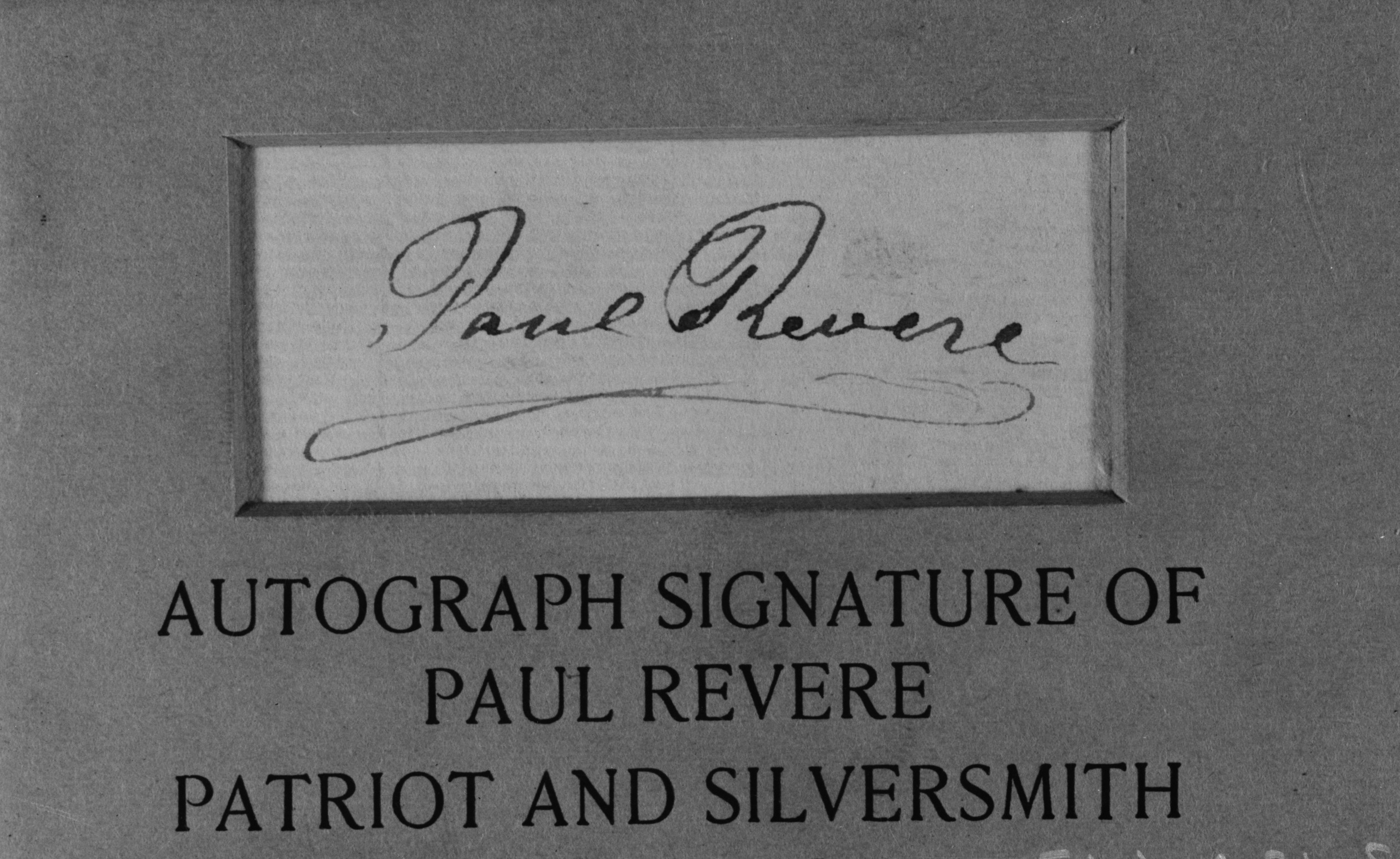
A Criminal Record & Your Credit Rating
Does a Criminal Record Destroy a Credit Rating Forever?
They say that ‘crime doesn’t pay’ and that punishment is the ultimate consequence of crime. (Victorian English Proverb, 1860)
“There are crimes that, like frost on flowers, in one single night destroy character and reputation.” Henry Ward Beecher
Breaking the law, getting caught, charged, and convicted changes everything for the most part. You have crossed a line from which there is no going back. Even if you have served your penalty via a fine, or custodial sentence, your criminal record will follow you like a neon shadow casting a lurid light on your life and reputation. However, does a criminal record destroy a credit rating forever? The simple answer is no, but it can stain the sheets, the balance sheets, for some time. Your credit report does not contain your criminal record. In fact, a criminal record unrelated to any serious credit infringement cannot be used to affect your credit score. Thus, criminal records are not included in the reports compiled by the national credit bureaus, but a lender may search for your criminal record elsewhere. In reality, it all comes down to how rigorous those checking out the potential borrower for a loan are in their endeavours to find out as much information as they can and how closely they actually play by the rules governing credit reporting.
“Well, when the President does it that means that it is not illegal.” Richard Nixon
What Is Not In Your Credit Report
“One of my friends once saw another guy’s (criminal) record and said, ‘Look, this guy is a born troublemaker, just a loser.’ I had to tell him, ‘No, that’s my record-and it doesn’t include my juvenile history.” Mike Tyson
The good news in Australia, unlike in more repressive regime-ruled nations, is that officially your criminal record does not show up on your consumer credit file. In addition, nor do your sexual preferences and practices. Plus, your political affiliations are likewise not included on your credit report. Nor are your religious beliefs and associations listed within your credit file. Race and ethnicity are not listed anywhere. Disabilities and medical history are, similarly, not mentioned within your consumer credit report. Income and bank balances are not listed. (Bristow, 2021) The credit reporting bureaus are not allowed to record these facts about you in your consumer credit file.
However, whether the more visually obvious facts or presumptions about you affect your ability to get credit is a moot point. The colour of your skin, the way you dress, and whatever badges of association you display all can unofficially impact upon judgements about your credit worthiness in the eyes of those making those decisions. Members of minority groups within Australia have reported to ombudsmen and independent bodies their experiences of being prejudicially denied credit on the basis of their skin colour, ethnicity, sexual preference, and gender. (Ross, 2019) The reality of the situation is that human beings make calls on these matters no matter the guidelines and legislation in place.
“Crime seems to change character when it crosses a bridge or a tunnel. In the city, crime is taken as emblematic of class and race. In the suburbs, though, it’s intimate and psychological – resistant to generalization, a mystery of the individual soul.” Barbara Ehrenreich.
What Information Does Appear On Your Credit File
Your full name and address, plus any previous names and/or name variations that you may have used. Up to 2 previous addresses.
Your gender is included on your credit file.
Current or last known employer will be included.
The year of your birth.
Your driver’s licence number.
The names of credit providers that have supplied you with consumer credit, and if they are licenced by ASIC. The type of credit provided by these lenders. The dates when this credit was extended to you and when it was terminated if it was. The credit limit applied to you. The terms and conditions upon that credit and limited information pertaining to your repayment and interest obligations. Your repayment history, which includes late and missed payments.
Financial hardship information that is reported in relation to your repayment history data.
Requested access to the information in your credit file by credit providers on the basis of applications for consumer or commercial credit. The type and amount of credit applied for.
Defaults on consumer credit of $150 and more, which mean that you are 60 days in arrears of a scheduled repayment. Statements pertaining to payments made on defaulted payments. Agreements made to variations in the terms and conditions in response to defaults or when you are provided with new consumer credit.
Court judgements made against you pertaining to credit provided, or applied for by you.
Recorded information about you recorded on the National Personal Insolvency Index, which includes related bankruptcy and debt agreements.
Publicly available information related to your credit worthiness and activities in Australia. This information can only be sourced from generally available sources and from agency and/or state and territory authorities.
The opinion of a credit provider that the subject of the credit report has committed a serious credit infringement. (OAIC, 2022)
How Long Do Negative Listings Stay On Your Credit File?
Continued in Money Matters: Navigating Credit, Debt & Financial Freedom by Robert Sudha Hamilton

Money Matters: Navigating Credit, Debt & Financial Freedom PDF format
Money Matters: Navigating Credit, Debt & Financial Freedom PDF format
The inescapable fact of our capitalist economic system is that it operates in a permanent boom and bust cycle. The wheel of fortune is a good analogy for this, as it turns we can find ourselves on the wrong side of this cycle. Financial freedom can rescind from our grasp and we can find ourselves plunged into the dark recesses of debt. Knowledge is power. Money Matters: Navigating Credit, Debt & Financial Freedom is the new book by Robert Sudha Hamilton.








